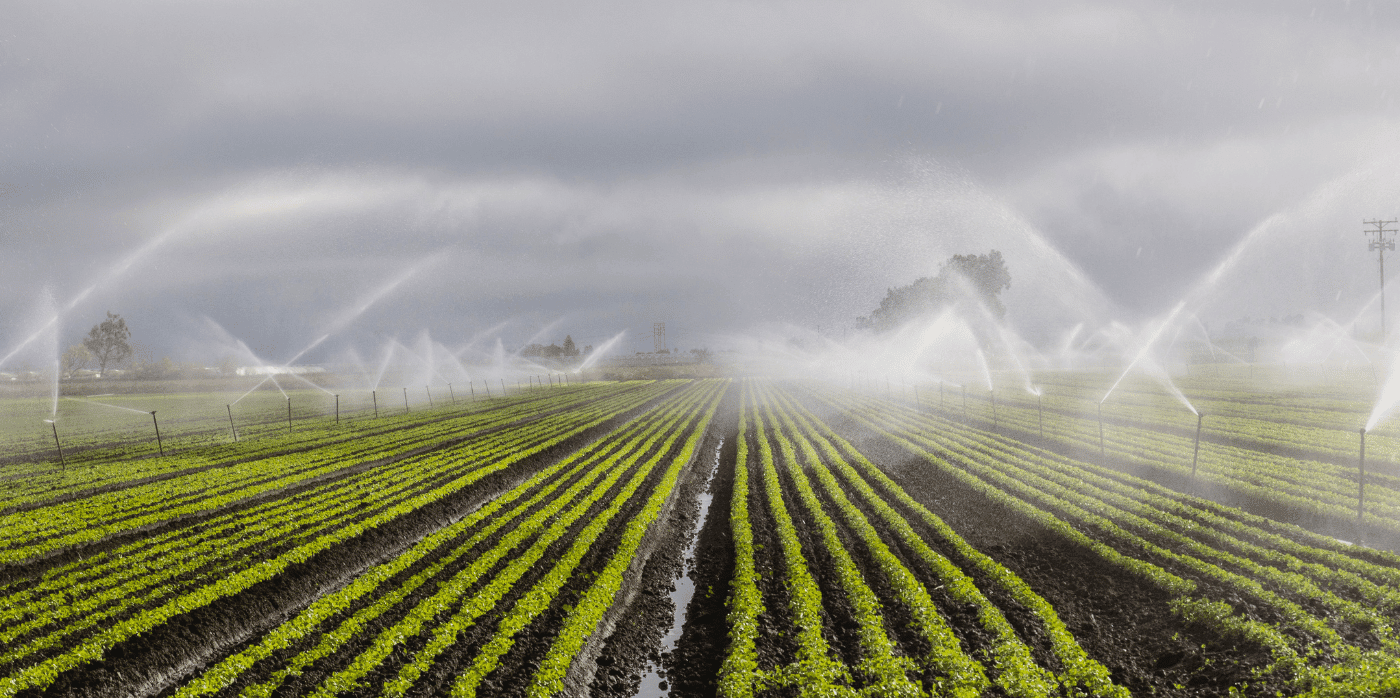Data optimises agricultural water use

Spotted: As climate change makes weather and water supplies more unpredictable, it is vital that farming develops ways to use resources more efficiently. Data is playing an increasing role in this, by giving farmers better information on which to base decisions. One startup taking the lead on this is AguroTech. Founded in 2020, the company focuses on providing data and insights to farmers to help them use resources – such as water – more efficiently.
AguroTech has developed a platform that uses sensors, satellite and drone imagery, weather stations, crop and soil models, and more to provide unique and actionable recommendations to help farmers enhance their farm’s performance. The hardware and software provide farmers with real-time, artificial-intelligence-powered (AI) insights that can help them to better manage water, fertiliser, and pesticide use. The company will also soon be able to help farmers earn credits based on the amount of carbon stored in the soil.
The company is taking part in “LIFE – The Future of Farming”, an EU-sponsored initiative promoting collaboration between agricultural groups, farms, colleges, scientists, and municipal governments across Europe on mitigating damages caused by climate change.
AguroTech recently raised €1.5 million in a series A funding round led by VC Navus Ventures and ROM InWest. With this extra funding, AguroTech plans to scale further and expand internationally.
Improving farming yields while using fewer resources is the goal of a number of innovations Springwise has recently spotted. And it is a vital part of the response to global warming. These innovations include everything from a unique approach to regenerating desert lands to spreading rocks on farmland to capture carbon.
Written By: Lisa Magloff



